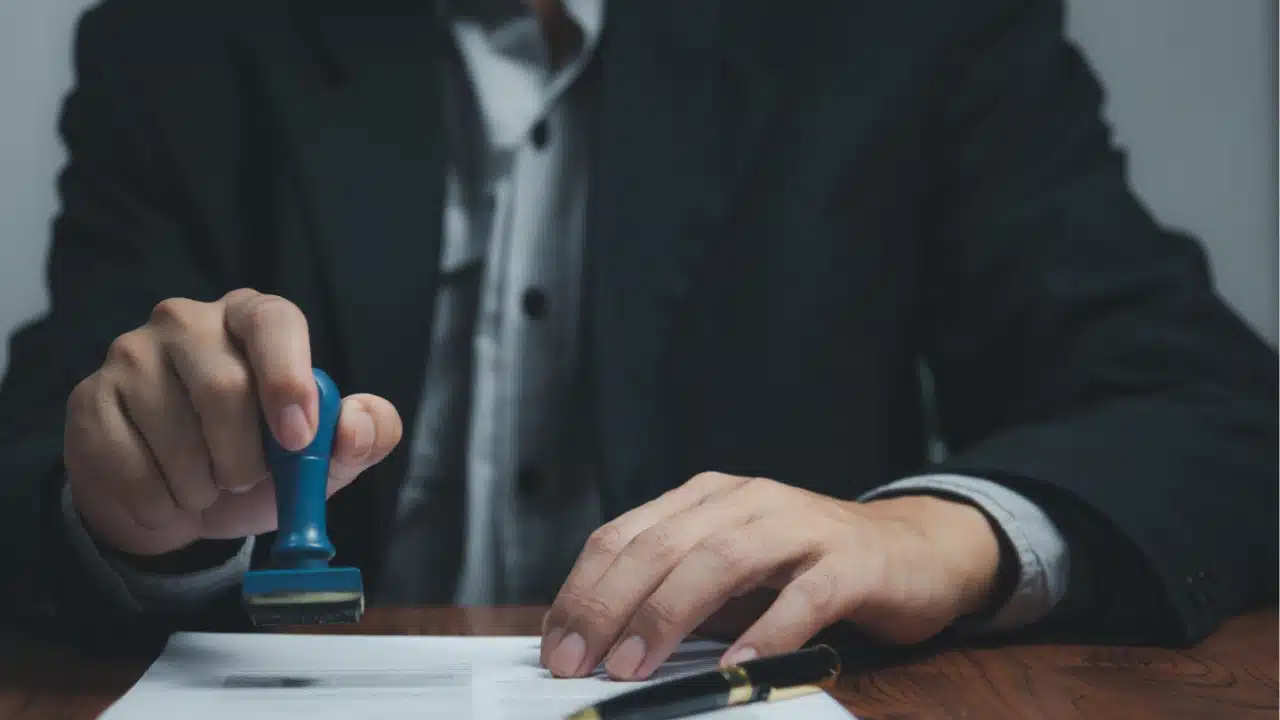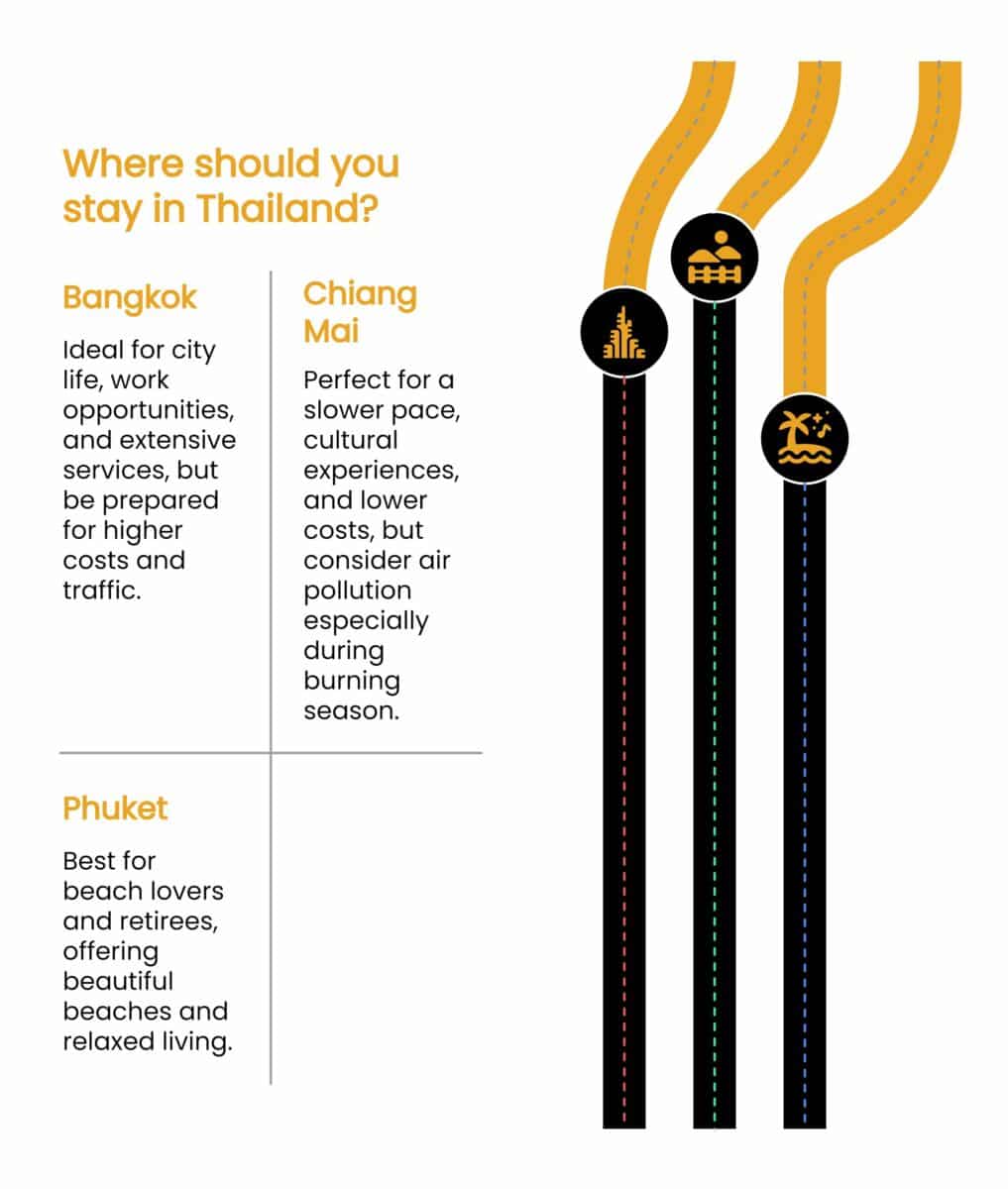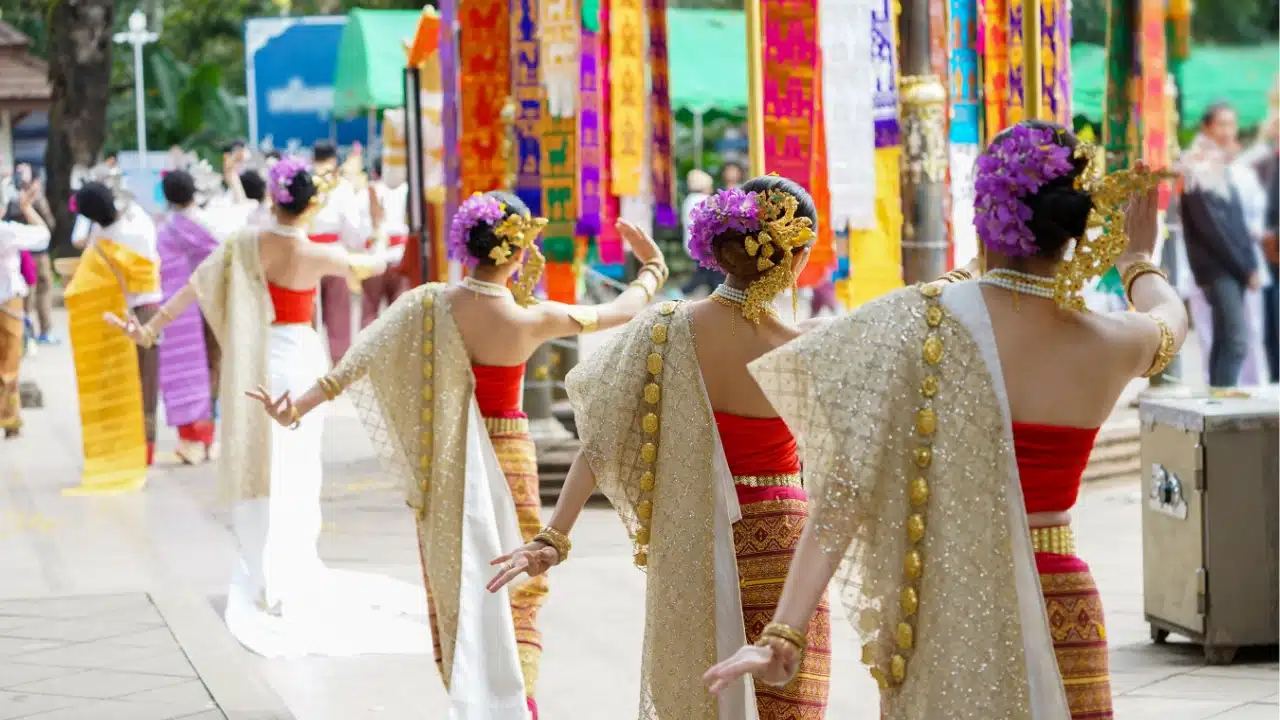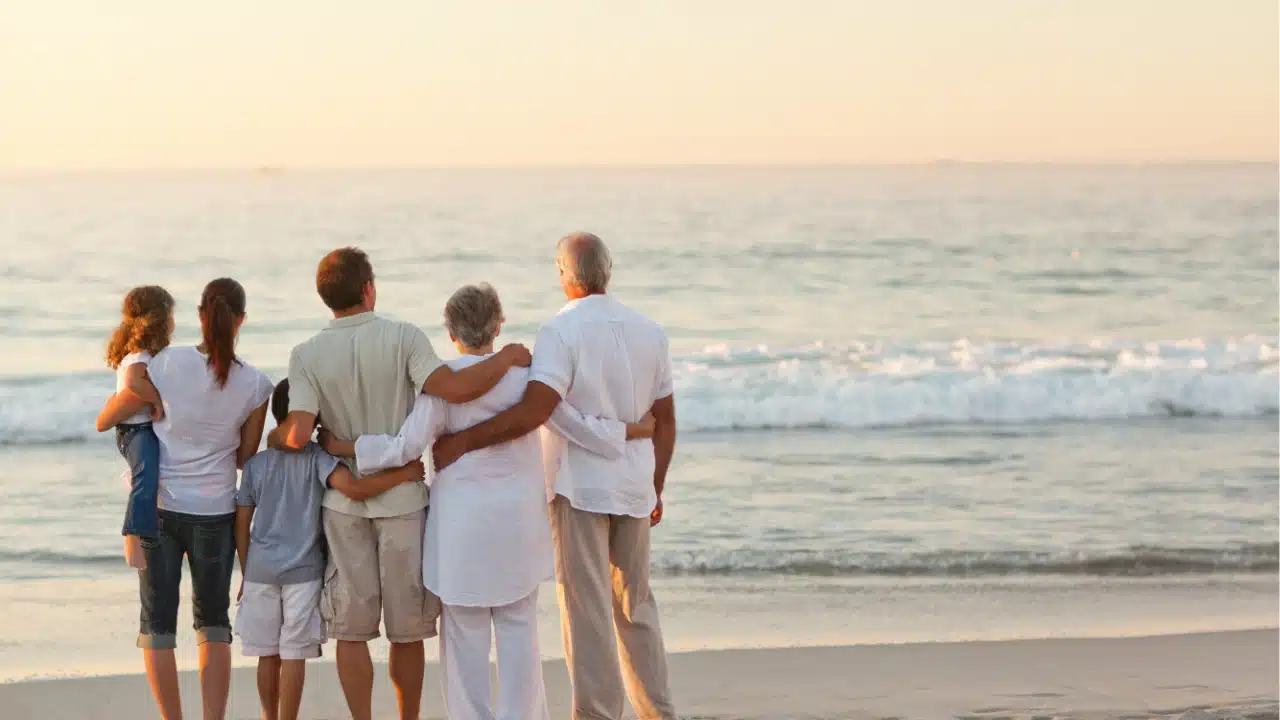

Moving from Australia to Thailand is a big step that brings exciting new experiences, a rich culture, and often a more affordable way of living. To settle in with less stress, you need to plan ahead. This means sorting out your visa, arranging good health insurance, managing your money, and learning about local rules and customs. With careful preparation, you can avoid common problems and start enjoying your new life in Thailand with confidence.
On this page
| Jump to section | Details |
|---|---|
| Visa and legal requirements | Prepare for various visa options such as tourist, retirement, work, or LTR visas, with the necessary paperwork for each. |
| Financial planning | Open a Thai bank account, understand money transfer options, and ensure you are clear on your tax obligations. |
| Accommodation and local setup | Choose a suitable location to live in, arrange housing, and set up essential utilities like internet, electricity, and water. |
| Healthcare arrangements | Get vaccinations, arrange private health insurance, and understand Thailand’s healthcare system for expats. |
| Cultural and practical preparation | Learn basic Thai, understand local etiquette, and get ready for Thailand’s hot and humid climate. |
| Protecting your health and peace of mind | Make an emergency plan, find ongoing support, and get the right health insurance for peace of mind. |
Visa and legal requirements

Before you move from Australia to Thailand, you need to understand and prepare for the visa and legal rules that fit your plans. Thailand has different visa options, each with its own steps and paperwork.
Research visa options
Tourist visa
- Good for short stays.
- A single entry lets you stay up to 60 days, and you can extend it by 30 days.
- Multiple-entry is valid for six months, with each stay up to 60 days and extendable by 30 days.
- Each person in your family must apply separately.
- You might qualify for a visa exemption for stays under 30 days, but you cannot work on this visa.
Retirement visa
- For people over 50 years old.
- You must show proof of money in a Thai bank (at least 800,000 Thai baht) or a monthly income of 65,000 Thai baht.
- You must have health insurance that meets Thai rules.
Work visa
- Needed if you plan to work in Thailand.
- You must apply for a Non-Immigrant B Visa before you arrive.
- After you arrive, you will also need a work permit and an extension of stay.
- You must show a valid passport, application forms, proof of money, police clearance, and an approval letter from the Thai Ministry of Labour.
Long-term resident (LTR) visa
- For wealthy people, retirees, or skilled workers.
- You must prove you have a high income, assets, and health insurance.
Gather documents
To apply for any visa, you must collect and prepare certain papers:
- Passport: Must be valid at least six months after your planned arrival and have at least one empty page for the stamp.
- Application forms: Fill out the visa forms given by the Thai embassy or consulate.
- Financial proof: Show bank statements to prove you have enough money. Retirement and LTR visas need more funds.
- Accommodation proof: Have hotel bookings or proof of a place to stay.
- Health records and insurance: Needed for retirement and LTR visas.
- Other documents: You might need police clearance, medical certificates, and approval letters if you apply for work or long-term visas.
Check entry requirements
- Make sure you meet all financial and health rules for your visa.
- Rules and fees can change, so always check the latest updates with the Royal Thai Embassy in Canberra or your nearest consulate.
- Be ready to show proof of onward or return travel when you arrive.
- You will get an official stamp when you enter Thailand.
Tip: Start preparing early, as some visas take time to process. Having everything ready will help you avoid delays and stress for you or your family.
Financial planning

Financial planning is an important step before you move from Australia to Thailand. It helps you settle in smoothly and manage your money well.
Open a Thai bank account
Having a Thai bank account makes daily life easier. You can pay rent, shop, and get local payments without trouble.
- You will need a valid passport and a visa (tourist, non-immigrant, or retirement).
- Some banks ask for extra papers like proof of address (rental contract or utility bill), a work permit, or a letter from your bank or embassy.
- Each bank has different rules. Some are flexible with tourists, while others require a long-stay visa or work permit.
Manage currency transfers
Moving money from Australia to Thailand needs planning. You should always check exchange rates and transfer fees.
- Services like MoneyGram, OFX, and Wise have different costs and speeds.
- Look at the total cost, including hidden fees in exchange rates.
- Digital services can be cheaper for small amounts.
- Bank transfers might be better for large sums.
Understand tax obligations
It is important to know your tax status so you do not get any surprises later.
- If you stop being an Australian tax resident, you usually don’t have to declare foreign income after you leave.
- You may still pay withholding tax on Australian income like interest or dividends.
- If you stay an Australian resident, you must report all income worldwide and might need to keep paying things like student loans.
- Talk to the Australian Taxation Office or a tax expert to check your situation.
Proper planning—like setting up a bank account, checking the best way to move your money, and understanding your taxes—will help you feel ready and confident when you start your new life in Thailand.
Accommodation and local setup

When you move from Australia to Thailand, picking the right place to live and setting up your essentials will help you feel at home faster.
Choose where to live
Thailand has many places to suit different lifestyles:
Bangkok
- Great for people who like city life, work options, and lots of services.
- Popular areas like Sukhumvit have shopping and nightlife. Silom has offices and green spaces like Lumpini Park.
- The city has good public transport, international schools, and top hospitals.
- Be ready for higher costs and heavy traffic.
Chiang Mai
- Known for a slower pace and lower living costs.
- Good for people who want culture and nature.
- Many cafes, coworking spaces, and a friendly expat community.
- Air pollution can be a problem in some months.
- Best for beach lovers and retirees.
- Offers beautiful beaches, relaxed living, and fun nightlife.
- Many services for expats and tourists.

Other options include Hua Hin for quiet coastal life and Pattaya or Koh Samui for more expat choices.
Secure housing
It is smart to start with short-term rentals.
- Use serviced apartments or Airbnb while you look around.
- Long-term rentals can be condos in the city or houses in quieter areas.
- Always check the place in person or use a trusted agent to avoid problems.
Set up utilities
After you find a home, you need to set up basic services:
- Internet and phone plans: Thailand has good internet and cheap mobile data. You can buy SIM cards easily at the airport or shops. Popular companies are AIS, TrueMove, and DTAC.
- Electricity and water: Sometimes these are part of your rent. For long-term stays, you may need to set up accounts yourself. Air conditioning can make electricity bills higher, so plan for that.
- Other services: You can also arrange cable TV, rubbish collection, and home security if you want.
By choosing the right area, finding good housing, and setting up your utilities, you will build a comfortable home and enjoy life in Thailand from the start.
Healthcare arrangements

Before you move from Australia to Thailand, you need to plan your healthcare. This will help keep you safe and healthy in your new home.
Get vaccinations and health checks
Before you travel, update your routine vaccines:
- Tetanus, diphtheria, and measles vaccines should be current.
- Depending on your health and travel history, you may also need vaccines for hepatitis A and B, typhoid, Japanese encephalitis, and rabies.
- A general health check-up can find any health issues early.
- Bring any prescriptions and medical records you may need.
Understand the Thai healthcare system
Thailand has a good healthcare system with public and private options:
- Public hospitals: These are low-cost and have many services. Foreigners can use them but may face long waits and language problems.
- Private hospitals: These are modern and fast and have English-speaking staff. Hospitals like Bumrungrad and Bangkok Hospital are popular with expats and tourists.
- If you plan to live in a rural area, remember that advanced care may be limited there.
Arrange health insurance
Australia’s Medicare does not cover you in Thailand, so you must get private health insurance:
- Insurance will help you pay for care at private hospitals and cover services that public hospitals may not.
- Plans from companies like Cigna give strong coverage for expats, including doctor visits, hospital stays, emergency care, and treatment for ongoing health problems.
- Make sure your insurance meets your visa rules and covers your health needs.
Having the right health insurance and understanding the healthcare system will protect you from high medical costs and give you peace of mind in Thailand.
Cigna’s international health insurance makes it easy for families in Thailand to manage their healthcare costs. With the new July promotion, you can save 10% on lifetime family coverage for families of 3 or more members. This exclusive offer runs until the end of July, helping you secure top-quality care for your loved ones while saving on premiums for the duration of your policy. Don’t miss out on this opportunity to protect your family’s health at an even better value.
Cultural and practical preparation

Before you move from Australia to Thailand, it helps to learn about the culture and daily life. This will make it easier to adjust and feel comfortable.
Learn basic communication skills
Speaking simple Thai words and polite phrases can help you every day:
- Learn greetings and common expressions to show respect.
- Use polite language when asking for help or directions.
- Even small efforts to speak Thai will make locals feel respected and more willing to help you.
Understand local etiquette
Thai culture values respect and kindness:
- Use the wai (a small bow with your palms together) to greet people.
- Do not touch anyone’s head, as this is seen as rude.
- Never point your feet at people or religious objects.
- Stay calm and patient. The Thai saying “mai pen rai” means “it’s okay” or “don’t worry”.
Prepare for the climate
Thailand is hot and humid most of the year:
- There are three main seasons: hot (March to June), rainy (July to October), and cool (November to February).
- Wear light, breathable clothes to stay cool.
- Always use sunscreen and drink plenty of water.
- Be ready for sudden rain during the monsoon months.
- Avoid going out during the hottest part of the day.
By learning basic Thai, respecting local customs, and getting ready for the warm climate, you will feel more at home and enjoy your new life in Thailand.
Protecting your health and peace of mind

Before you move from Australia to Thailand, it is important to plan for your health and safety. Good preparation will help you feel secure and ready for your new life.
Make an emergency plan
Know where to get help if something goes wrong:
- Find the nearest hospitals and clinics, especially ones with English-speaking staff.
- Check if any hospitals have international accreditation for high-quality care.
- Learn where the closest Australian embassy or consulate is located.
- Keep emergency phone numbers in a safe place.
- Consider registering with the embassy when you arrive so they can help you faster if needed.
Find ongoing support
Settling into a new country can feel hard at first. Look for support to make it easier:
- Use relocation services to help with housing, paperwork, and daily needs.
- Join expat groups or communities for advice and friendship.
- Take language classes or cultural programmes to understand Thai life better.
- These supports can reduce stress and help you feel part of the community.
Get reliable insurance
Australia’s Medicare does not cover you in Thailand, so you need private health insurance:
- A trusted provider like Cigna gives you strong coverage from the day you arrive.
- Cigna plans include medical care, hospital stays, emergency help, and wellness services across Thailand and Asia.
- Good insurance protects you from high medical bills and gives you peace of mind while you settle in.
By planning for emergencies, finding support, and choosing the right insurance, you can start your new life in Thailand with confidence and security.
Moving from Australia to Thailand takes good planning so you feel ready and safe. First, choose the right visa and prepare all needed documents. Set up your finances by opening a Thai bank account, planning money transfers, and checking your tax rules. Find a place to live, arrange utilities, and learn about local healthcare. Get your vaccines up to date and pick strong health insurance from companies like Cigna to cover doctor visits and emergencies. Learn basic Thai, respect local customs, and get used to the warm weather. Plan for emergencies, join expat groups for support, and stay protected with good insurance. If you are also thinking about moving from the US, see this helpful guide: What do you need before moving from the US to Thailand?
Sponsored
The story What do you need before moving from Australia to Thailand? as seen on Thaiger News.
